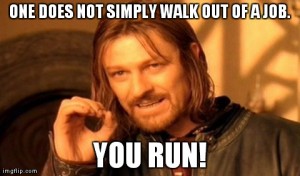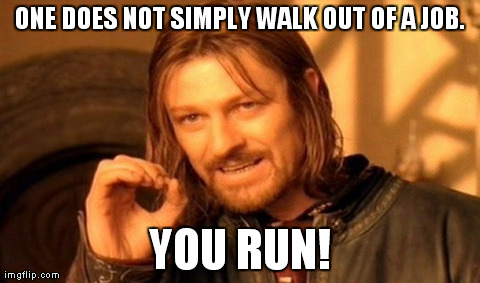Yes, it’s official. People with strong literacy skills are happier than those who struggle with reading. But I didn’t have to tell you that, right?
A study by the National Literacy Trust shows that men and women alike are less likely to marry, less likely to own a home, more likely to live still with their parents and less likely to feel satisfied with life if they can’t read.
Of course, you always have to be careful, because statistics can say pretty much whatever you want. Lower literacy means a lower paying job in most cases, which might in turn explain the findings. Or lower levels of happiness in certain people might lead then to read less and learn less. Cause and effect are not always easy to establish.
That being said, literacy facilitates so much that a focus on increasing a person’s literacy should help them in many facets of their lives, most likely also in their happiness (being able to read is very empowering), and having access to more information when one needs it reduces happiness-zapping frustration.
And if literacy in one language is empowering, what about literacy in several? Yes, learn some more languages, and you’ll be surprised at the doors it opens up for you.
For those interested in reading the report in its entirety:
http://www.literacytrust.org.uk/Research/literacy_changes_lives.html




